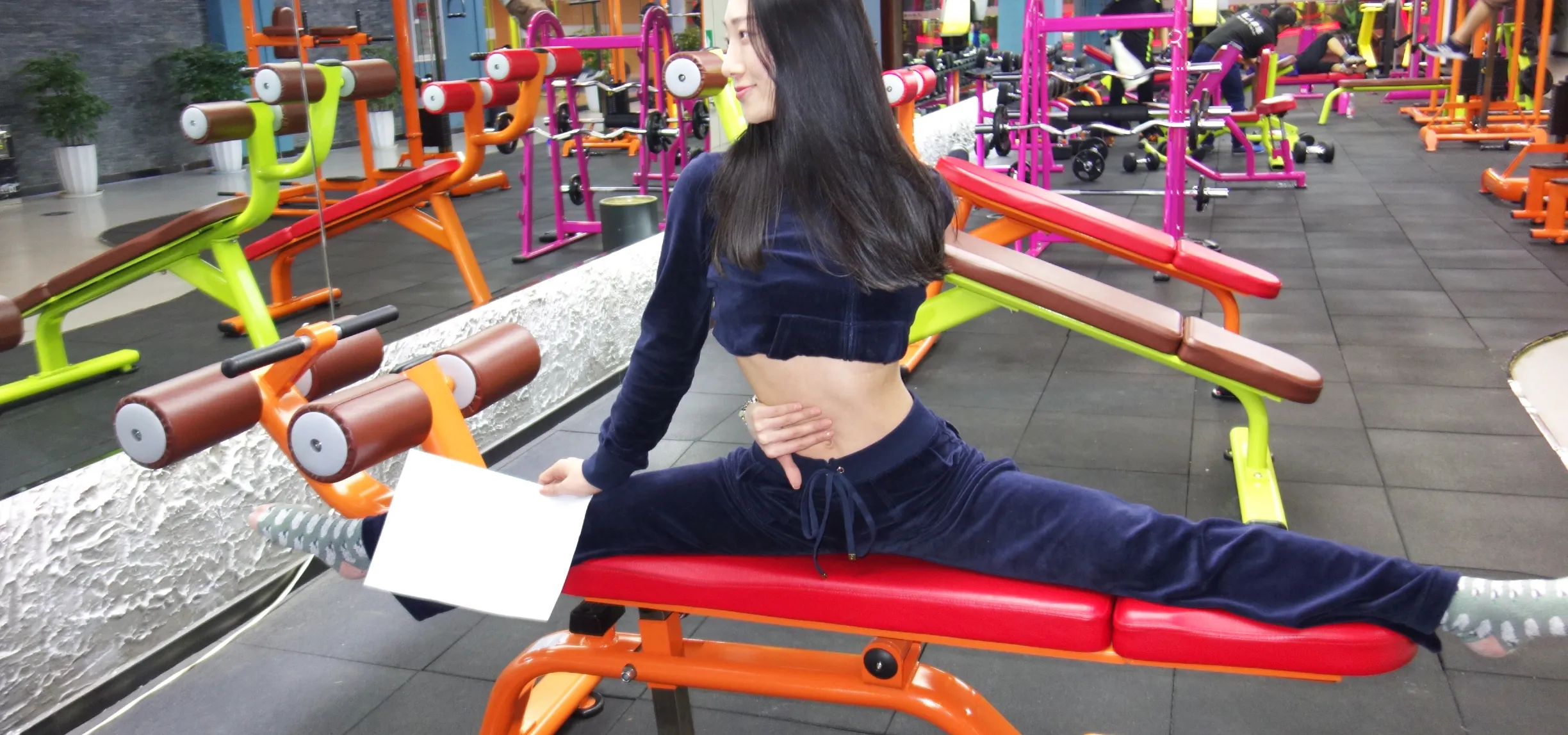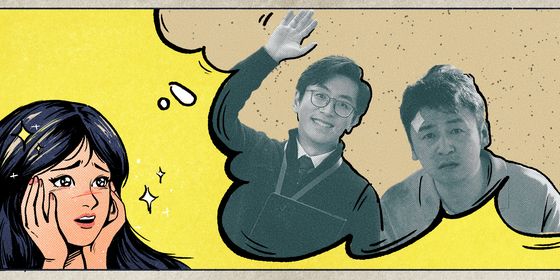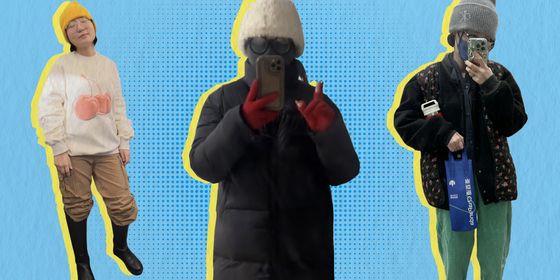The death of an influencer at a weight loss camp throws the spotlight on China’s unregulated and dangerous weight loss industry
A folk saying in Chinese goes, “a good woman doesn’t weigh over 100 catties (好女不过百),” or around 50 kilograms. But the pursuit of that dated and problematic standard proved fatal for a 21-year-old social media influencer named Cuihua this year.
Cuihua, who weighed 156 kilograms, had enrolled at a weight loss boot camp in Shaanxi province with the goal of losing 100 kilograms in May. But on just the second day of that camp, she tragically died, reportedly from “sudden shock.” After over nine months of trying to lose weight at various camps, Cuihua had shed almost 30 kg and was trying to inspire her social media followers to get in shape too. Instead, her death prompted scrutiny of China’s weight loss industry and a culture that still promotes ultra-skinny as a desirable beauty standard for women.
“She lost too much weight in such a short amount of time…it’s not good for the heart,” one netizen commented under a post of the news on social media platform Weibo. Many blamed what one netizen called “unprofessional weight loss camps,” accusing them of falsely advertising weight-loss results, encouraging unhealthy exercise regimes, and even encouraging verbal humiliation by unqualified coaches. Others worried about their own attempts to lose weight: “I’m also roughly 150 kilos and was planning on losing weight this month…what do I do now?” read one comment on Weibo.
China’s obsession with being skinny has been on the rise for years, particularly after market reforms in the 1980s brought the trappings of consumerism, marketing, and celebrity into the country. Chinese were increasingly bombarded with images of skinny as an “ideal” body type.
Social media has made the trend worse, with various online challenges promoting extreme beauty standards, mainly aimed at women. First, there was the “A4 waist challenge” in 2016, where people tried to hide their waist behind a sheet of printer paper to show off how slim it was; then the “skinny enough challenge” a few months later, where women attempted to wrap a 100 yuan bill around their wrist. In 2021, there was the “adults trying on Uniqlo children’s clothes” challenge. Now, even AI-generated models for clothes on e-commerce platforms are typically thin, tall, and have large breasts.













